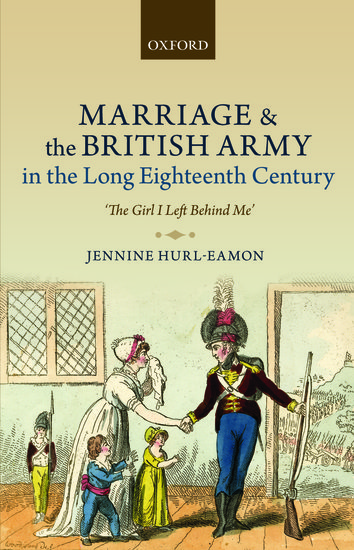The lure of sounds
There’s something about the idea of ‘original pronunciation’ (OP) that gets the pulse racing. I’ve been amazed by the public interest shown in this unusual application of a little-known branch of linguistics — historical phonology, a subject that explores how the sounds of a language change over time.












